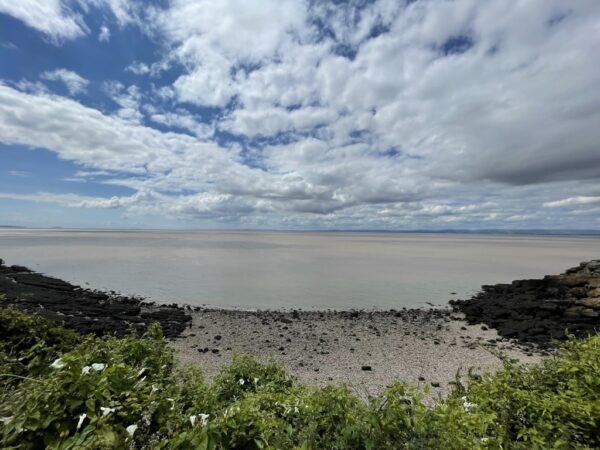An extract from the Institute of Fisheries Management (IFM) press release:
Her Majesty’s Planning Inspectorate has rejected an appeal by the under-construction Hinkley C nuclear power plant in the Bristol Channel against the requirement for a state-of-the-art acoustic fish deterrent on its cooling water intake.
EDF Energy is developing a new nuclear power generating plant at Hinkley Point near Bridgwater, Somerset. Called Hinkley C, it will replace the current Hinkley B which replaced Hinkley A.
In developing an Environmental Permitting Regulations (EPR) permit for the site, the Environment Agency had specified, amongst many other conditions, that the cooling water intake for the plant should have an acoustic fish deterrent (AFD), to minimise the entrainment and killing of potentially millions of fish every year.
The Bristol Channel is home to a multitude of marine species, and also a migration pathway for designated species such as the Allis and Twaite Shads, Atlantic Salmon and European eel.
The Environment Agency set a requirement for AFD in the permit, to provide the best possible protection for these fish species and conservation areas. The current owners of the site, NNB Genco, appealed against the condition.
This led to a public inquiry to consider the appeal, which was held by the Planning Inspectorate in June 2021. A consortium of environmental NGOs, including the Institute of Fisheries Management (IFM), made representations at the appeal to support the Environment Agency’s position, urging the Inspectorate to reject the appeal and to retain the AFD requirement for maximum fish protection.
On 2 September 2022, the Planning Inspectorate published its inquiry report and Defra wrote to NNB Genco to say that their appeal was rejected, and that the requirement for an acoustic fish deterrent is to be retained. Key to the Inspectorate reaching its decision was for the protection of the assemblage of vulnerable fish species that are central to the array of conservation designations in the Bristol Channel.
David Bunt, Chief Executive with the Institute of Fisheries management said: “This is a fantastic result for the environment and for fish in particular. I am delighted that we and other environmental organisations have presented such a compelling case to the Inspectorate that it found in favour of protecting the environment, over saving some costs to a multi-billion pound electricity generating scheme.”
The IFM’s marine expert, Steve Colclough, appeared as an expert witness at the Inquiry on behalf of a third party group, Severn Estuary Interests (a collaborative effort by the Wildlife Trusts, Wetlands and Wildfowl and others. Blue Marine also formally supported the collaboration with the provision of legal expertise.
This story was also covered in the Sunday Times [paywall].
The decision letter and Inspectors Report can be found on the UK Government website here.
Further information and the full press release can be read here on the IFM website.

No Comment